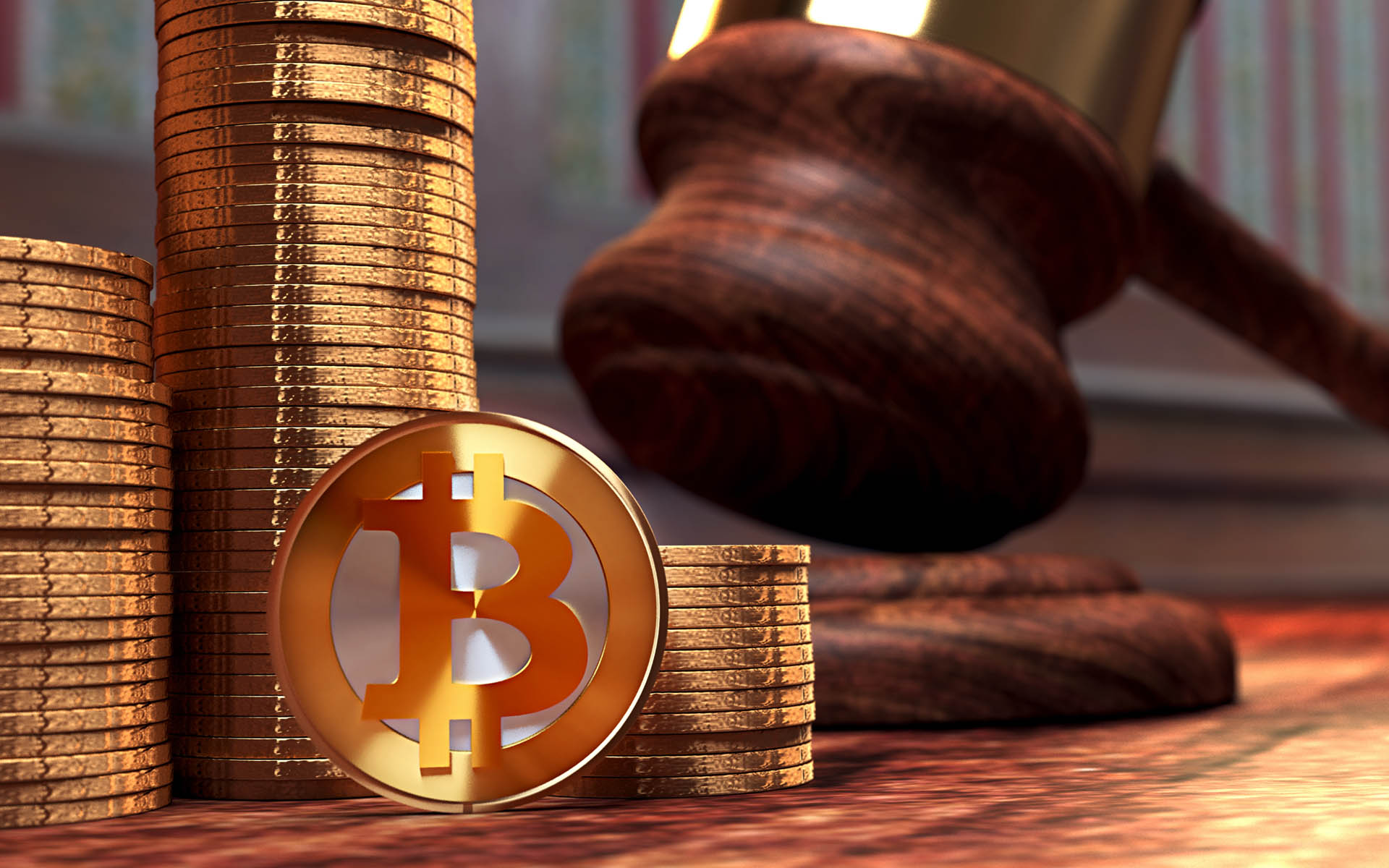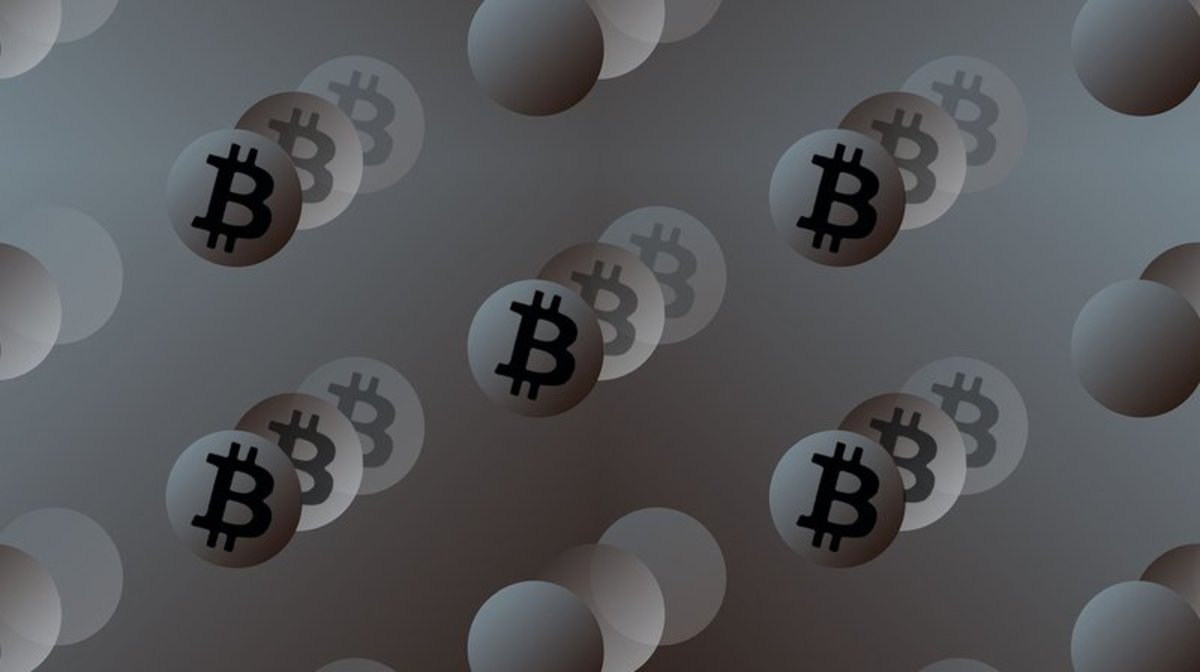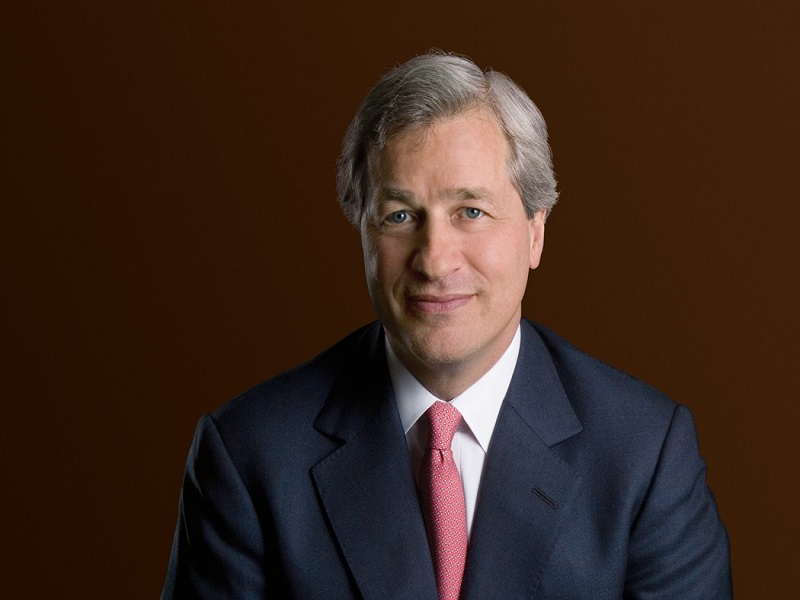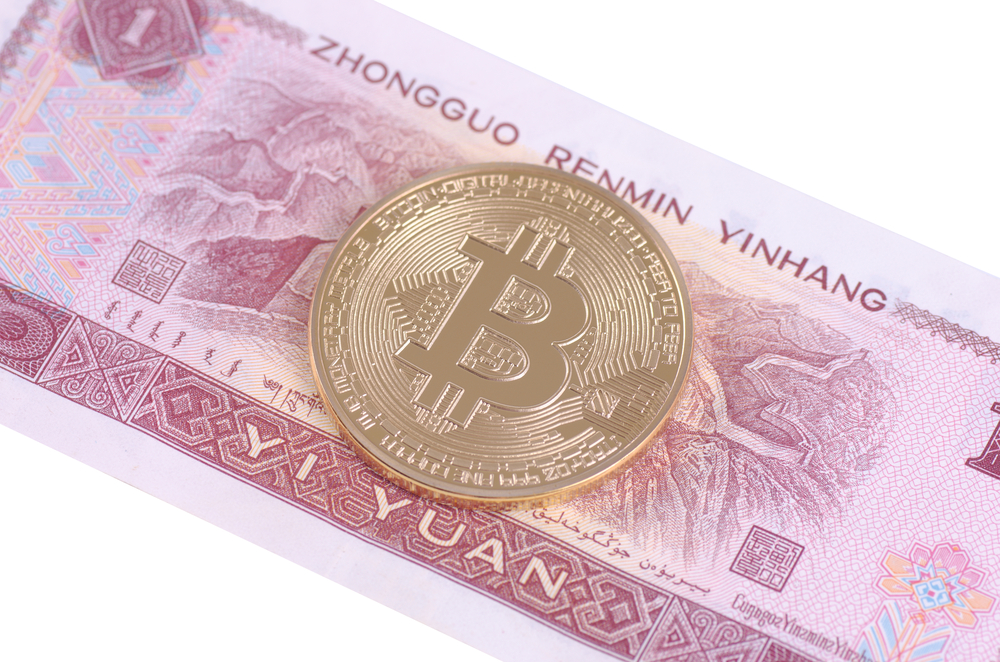The company Blockswater has filed a complaint against JP Morgan CEO Jamie Dimon saying he violated Article 12 of the European Union’s Market Abuse Regulation (MAR) by declaring that Bitcoin was “a fraud”.
Blockswater claims that Dimon violated Article 12 of the European Union’s Market Abuse Regulation when he declared that Bitcoin was “a fraud”. Dimon’s comments on Bitcoin preceded a 24 percent drop in Bitcoins price.
In an interview with City AM, Blockswater managing partner Florian Schweitzer explains:
Jamie Dimon’s public assertions did not only affect the reputation of bitcoin, they harmed the interests of some of his own clients and many young businesses that are working hard to create a better financial system.
The Complaint and Accusation of Market Manipulation
The complaint states that Dimon’s statement negatively impacted “the cryptocurrency’s price and reputation”. Arguing that he “knew, or ought to have known, that the information he disseminated was false and misleading”. Blockswater goes even further in their accusations, suggesting JP Morgan traded bitcoin derivatives for their clients on Stockholm-based exchange Nasdaq Nordic before and after Dimon’s statements, which Schweitzer said “smells like market manipulation”.
JP Morgan is also heavily invested in Bitcoin’s blockchain technology, having recently advertised for blockchain manager positions. There does appear to be a degree of double standard in Dimon’s comments, particularly in regard to fraudulent accusations.
The Aftermath
Dimon’s harsh Bitcoin comments came at the same time as rumors, later confirmed, that China was to begin shutting it’s country’s own Bitcoin exchanges. China’s acts appear a radical act of self-harm, speculated to be a first move in introducing far more stringent regulation in a relaunched cryptocurrency exchange space.
Self-harm or manipulation accusations are particularly relevant to Dimon’s company, JP Morgan, which actively traded Bitcoins for their own clients before and after Dimon’s initial comments calling Bitcoin a “fraud”. He has not stopped being vocal either, he again reiterated to CNBC on Friday:
It’s creating something out of nothing that to me is worth nothing, it will end badly.
Whether the something (the blockchain), should be valued is a question Dimon would seem to be tackling. For Dimon, it seems you can not put a price on a secure, global and decentralized blockchain, although his company would seem to be paying a hefty price for a version of their own, one that cannot hope to compete with the one Bitcoin already has. Are they already too late to the race?
The news comes as Dimon announced that JP Morgan third-quarter trading revenues will drop around 20% on a year on year basis which leads to JPMorgan’s stock falling from its session highs.
Should Dimon be held accountable for extreme rhetoric he used or should his comments be viewed as simple personal opinion? Let us know in the comments below.
Images courtesy of Wikimedia Commons













